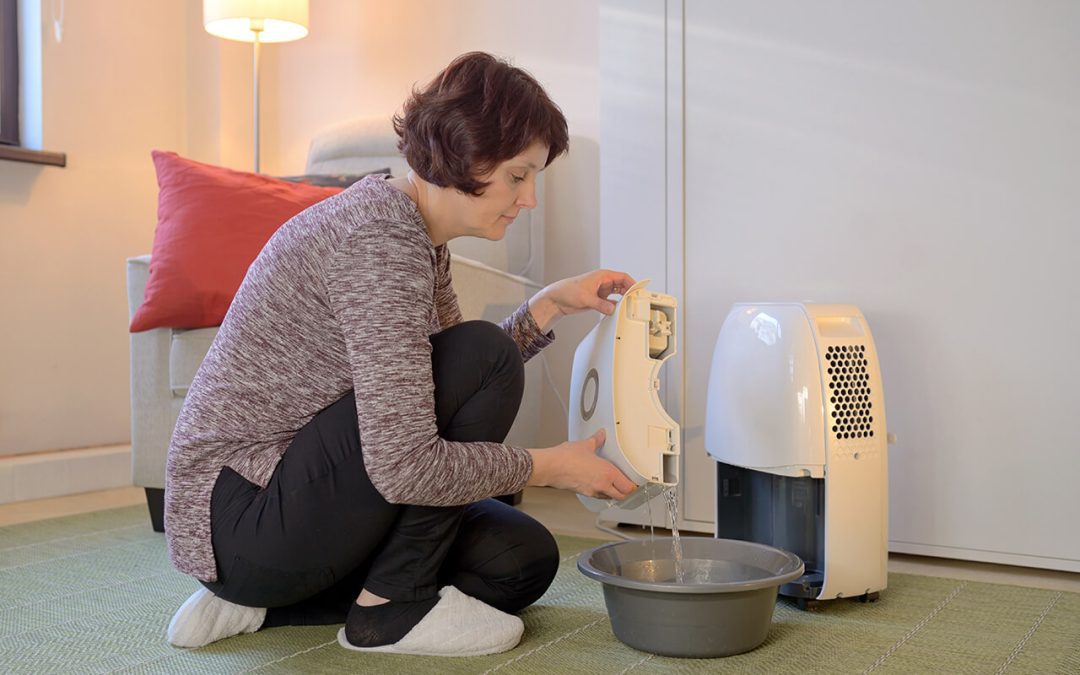Many people are familiar with pollution in outdoor air. However, according to the Environmental Protection Agency, air pollution is more concentrated indoors than outdoors. The good news is there are steps you can take to improve indoor air quality at home.
1. Consider Tobacco Smoke
Tobacco smoke contains thousands of chemicals. When someone smokes, most of the smoke remains in the air where others can inhale it as secondhand smoke. Residue from smoking also accumulates on surfaces. The most basic step to improve indoor air quality is to ask everybody to smoke outside your house away from open doors and windows.
2. Control Moisture
Mold and dust mites thrive in moist environments. Keeping the home’s humidity level between 30% to 50% makes your home less hospitable to mold and dust mites. Consider using a dehumidifier in moist areas such as basements.
Repairing plumbing leaks promptly prevents mold growth, too. Houseplants are known to purify the air but you should be careful not to overwater them. Constantly damp soil provides a place for mold to grow.
3. Keep Floors Clean
Placing a mat just outside of exterior doors prevents some dust, dirt, and allergens from entering your home. Regularly using a vacuum with a HEPA filter decreases the level of pollutants that are inside. Even regular mopping with plain water reduces irritants.
4. Change Your Air Filter
Air filters catch particles to keep your HVAC system from circulating them around your house. The air filters in forced air HVAC systems should be inspected as recommended and replaced at regular intervals.
5. Regularly Launder Bedding and Drapes
Allergens get trapped in drapes and bedding. Wash bedding weekly in water that’s at least 130 degrees to kill dust mites. Choose washable window coverings that you launder at least monthly.
6. Let Outdoor Air In
Since outdoor air has fewer pollutants than air in your home, opening windows and doors periodically is a simple way to improve indoor air quality. When the weather is mild, leave windows open instead of using your HVAC system.
7. Avoid Scented Products
Scented laundry products, air fresheners, cleaning supplies, and personal care products put volatile organic compounds (VOC’s) into the air. Although some of these VOCs are known toxins without safe exposure levels, manufacturers are not required to mention the presence of these chemicals on labels. Use unscented and natural products to meet your laundry, housecleaning, and personal care needs.
8. Declutter to Improve Indoor Air Quality
Clutter collects dust and cluttered areas are not as likely to be cleaned regularly. Decluttering gets rid of dust and other irritants and allows your living spaces to be cleaned more easily.
Checkpoint Home Inspections provides mold and indoor air quality sampling to the North Oregon coast. Contact us to book our services.

